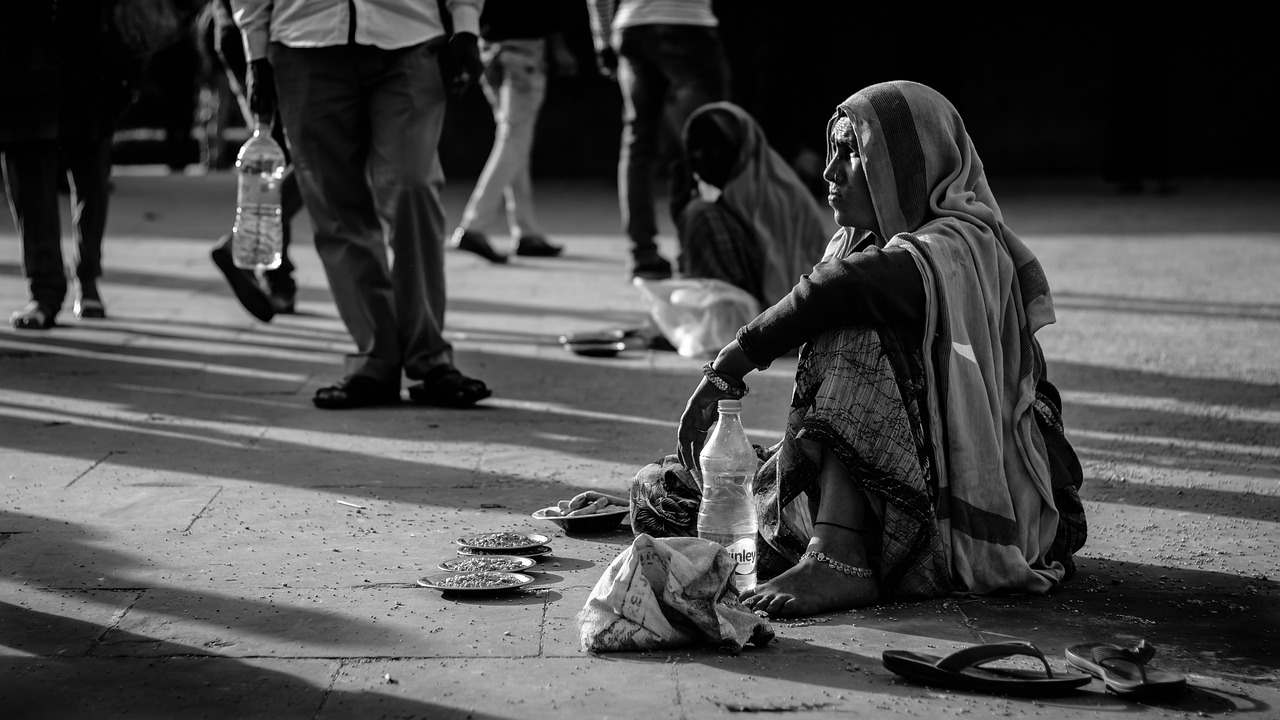The Dire Situation in Sudan: A Nation on the Brink
Sudan’s ongoing conflict has escalated to alarming levels, threatening its future as a stable nation. The head of the Norwegian Refugee Council (NRC), Jan Egeland, recently highlighted the disintegration of civil society amidst the rise of numerous armed groups. In a stark warning shared with the BBC, he emphasized that the consequences of this turmoil could lead Sudan towards becoming a failed state.
Armed Conflict and Humanitarian Crisis
The fighting in Sudan is primarily characterized by a brutal power struggle between the national army and the paramilitary Rapid Support Forces (RSF). However, this conflict has given rise to various smaller factions, often referred to as ethnic armies, which contribute to widespread looting and violence against civilians. Egeland described this situation as chaotic, noting that these groups are causing immense suffering among the populace.
Egeland’s observations from his recent trip to Sudan revealed a staggering humanitarian crisis, stating it is “the biggest humanitarian emergency on our watch.” Over 10 million people have been displaced, with many facing severe food shortages.
The World Health Organization (WHO) reported in September that signs of starvation are pervasive throughout Sudan. Many soup kitchens have shut down due to insufficient funding, leading Egeland to remark that the remaining humanitarian efforts are merely “delaying deaths” rather than providing adequate support.
Egeland expressed profound concern regarding the international community’s response to the crisis. He warned that if Europe aims to prevent a refugee influx, it must prioritize funding for aid and stability in Sudan. He described current efforts as grossly underfunded, despite Sudan being at the center of what he termed “the world’s biggest emergency.”
As violence continues and thousands have lost their lives since the onset of civil conflict, there are alarming reports from human rights organizations regarding potential ethnic cleansing or genocide. Furthermore, peace negotiations between warring factions have yielded little progress.
According to Egeland, true resolution will only occur when those in power perceive more risk in continuing hostilities than in seeking peace.
In conclusion, as Sudan stands at a critical juncture, it is imperative for both local leadership and global stakeholders to take decisive action. Failure to address this crisis not only threatens Sudan’s stability but could also have far-reaching implications for regional security and humanitarian efforts worldwide.


